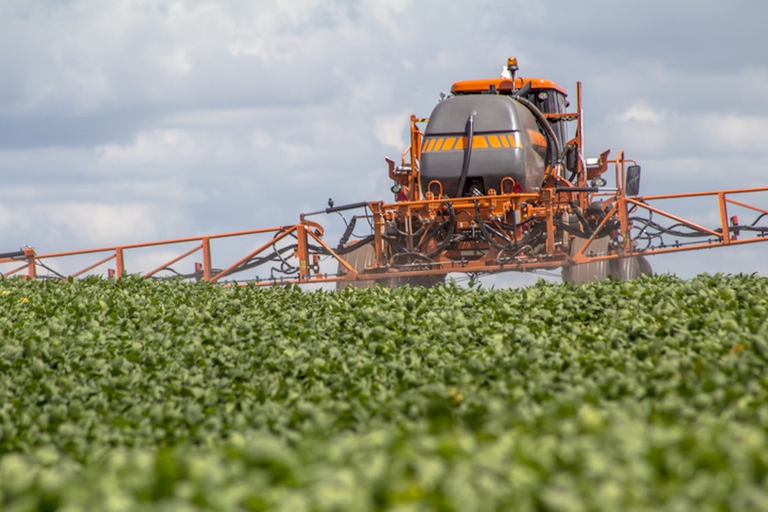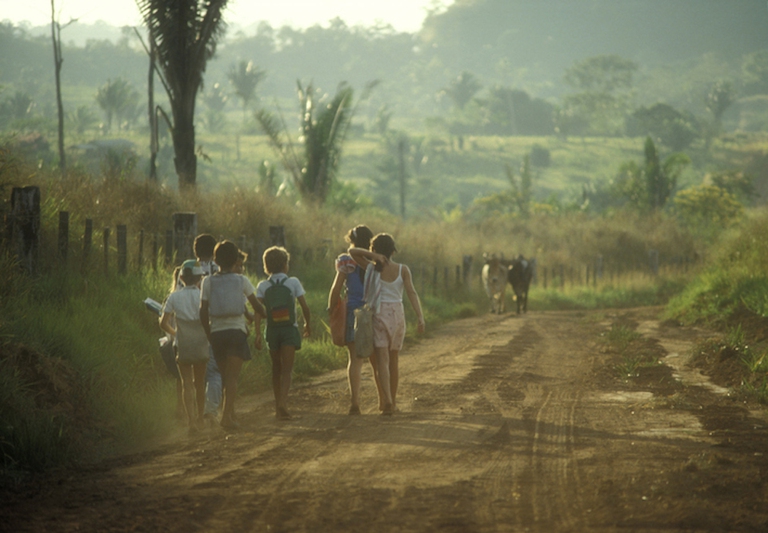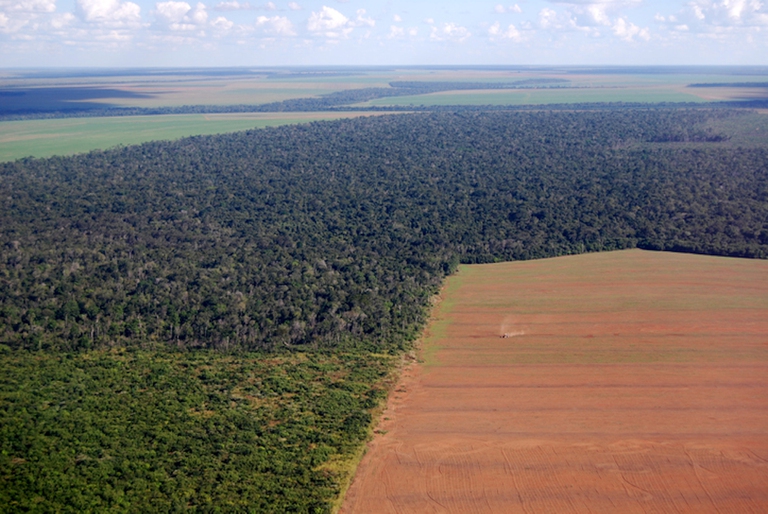https://www.lifegate.it/legame-espansione-soia-aumento-mortalita-cancro-infantile-brasile
- |
- According to a study, several cases of pediatric leukemia are linked to the intensification of soybean cultivation and the consequent use of pesticides.
- The analysis focused on the rural areas of the Amazon and the Cerrado where soybean cultivation has increased exponentially in ten years.
- Pesticide use in the study region increased three to tenfold during the period.
In Brazil, the expansion of cultivations of soy would be related to the increase in mortality for cancer childish and this would be due to greater exposure to pesticides:a study conducted byUniversity of Illinois Urbana-Champaign And published on Pnas, the journal of the United States National Academy of Sciences.

Pesticides in soybean crops and children dying of cancer:the results of the study
Researchers studied the consequences on public health of exposure to pesticides, focusing on children as the most vulnerable population.They specifically looked at deaths for acute lymphoblastic leukemia (ALL), the most common blood-borne childhood cancer.The study focused on rural areas with at least 25 percent of land dedicated to agriculture in the biomes ofAmazon and of Cerrado and was based on health data, demographics, land use and water use information.
“The findings suggest that about half of pediatric leukemia deaths over a ten-year period could be linked to agricultural intensification and pesticide exposure,” he explained Marin Skidmore, lead author of the study.A 10 percentage point increase in soy production is associated with an additional 0.40 deaths among children under 5 years of age and 0.21 deaths under 10 years of age per 10,000 inhabitants.In total, it is estimated that 123 children under 10 years old died from leukemia associated with exposure to pesticides 2008 and 2019, out of a total of 226 deaths reported from leukemia in the same period.The study it does not provide a direct causal link between pesticide exposure and cancer deaths, but researchers they adopted a series of parameters to rule out other potential explanations.

Exposure to pesticides through contaminated water
Scholars have examined theuse ofwaterfall as the main one source of exposure to pesticides, which flow into surface waters:about 50 percent of rural families owned a well or a cistern at the time of the 2006 agricultural census, while the remaining 50 percent depended onsurface water as a source of drinking water. “The concern is that our findings are just the tip of the iceberg,” Skidmore added.“Exposure to pesticides can also cause non-fatal cases of leukemia and there is a risk of impacts on adults and adolescents.”
The mitigation strategies suggested by the American study do not call into question the use of pesticides in agriculture
Brazil is the largest producer of soybeans in the world and among the main countries that use the most pesticides.Soybean production in the Cerrado area is tripled from 2000 to 2019, while in the Amazon region there was an increase of 20 times, from 0.25 to 5 million hectares dedicated to soybean cultivation.Pesticide use in the study region has also increased three to ten times during the period.Brazilian soybean farmers use pesticides at a rate per hectare 2.3 times higher to that of the United States.

“The soy expansion and boom is in many ways a huge win for the Brazilian economy,” Skidmore said.“But we want to emphasize that when changes happen quickly, there are associated risks, and this is not unique to Brazil.We need to find a balance where we get the production benefits while mitigating any potential risks, especially when experiencing rapid implementation of these technologies in an underdeveloped or poor region.”According to scholars, this mitigation could occur through training and theinstruction for agricultural workers, regulations on the safe use of pesticides and theaccess tohealth care.With reference to this last factor, the study emerges as lThe increase in pediatric leukemia deaths observed following soy expansion was limited to municipalities located in more than 100 kilometers from a pediatric oncology center.
